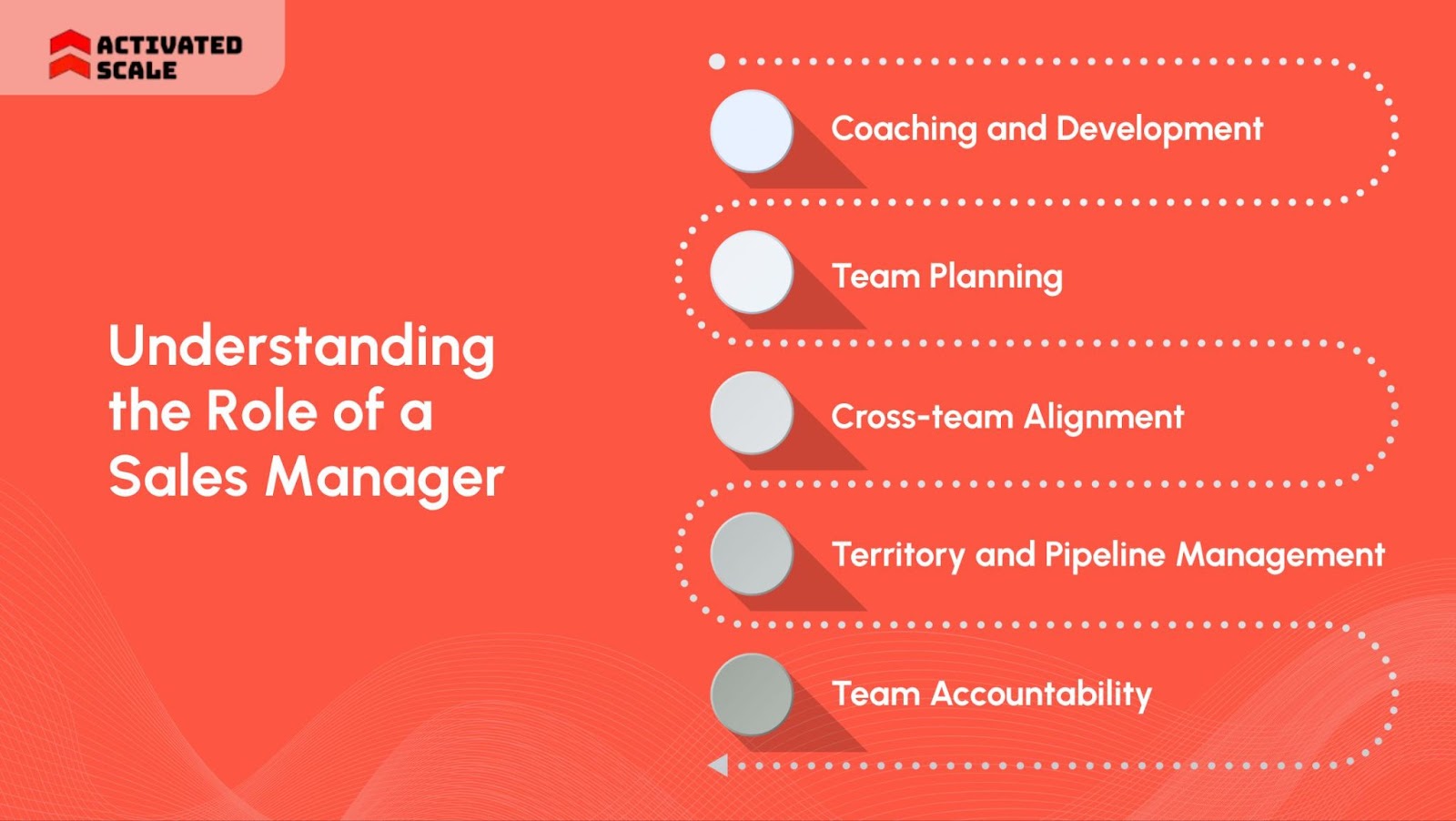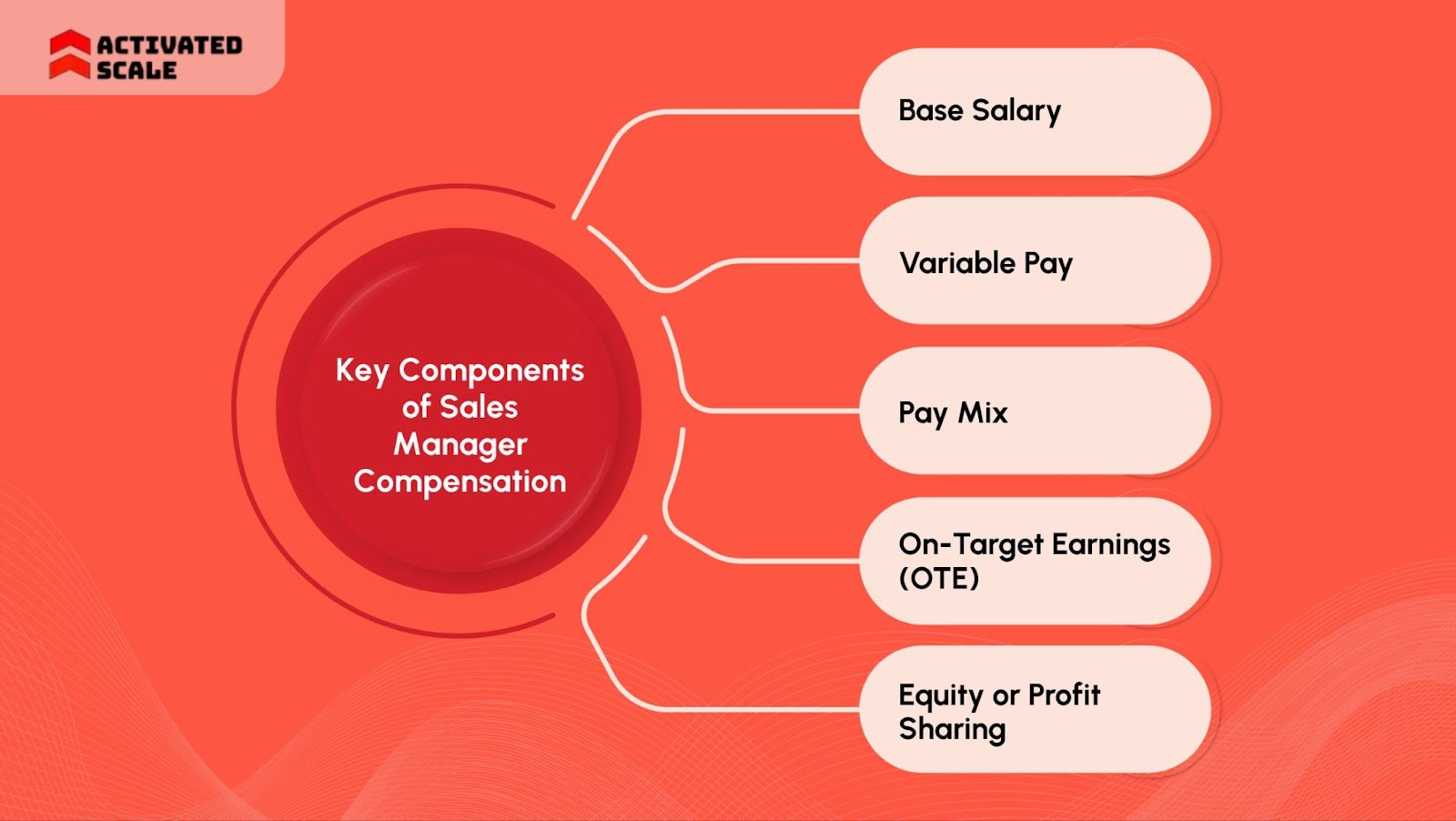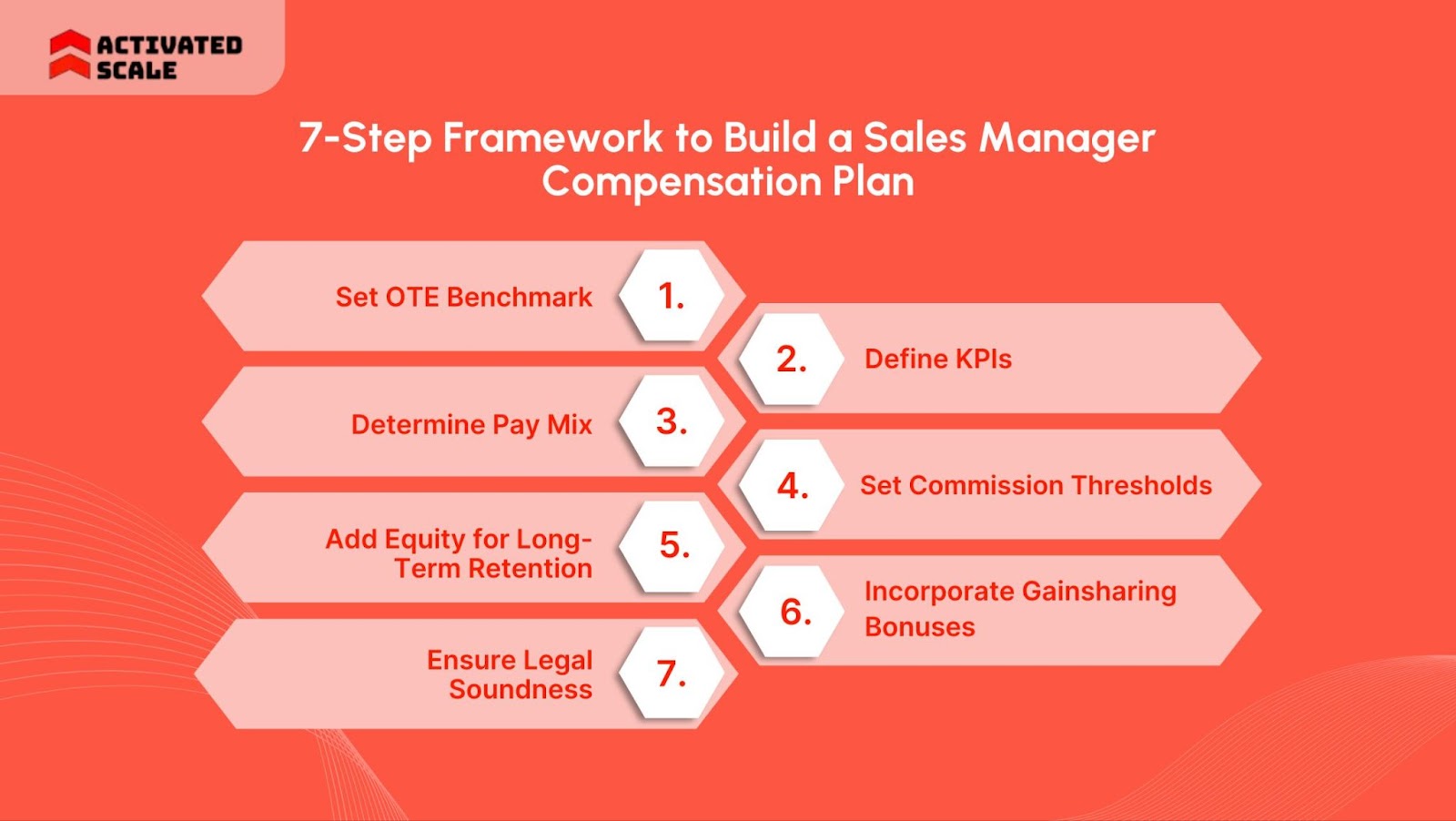Sales hiring has changed fast. Today, experienced sales managers are not only hard to find, but they’re expensive to retain. The median annual wage for sales managers was $138,060 in 2024. That number goes even higher in SaaS and B2B tech.
Sales leaders are now expected to mentor teams, predict revenue, and bring structure to chaos. Yet many hiring managers still feel underconfident while drafting a competitive pay plan for a sales manager.
In this blog, we'll break down how sales manager compensation works across industries. We’ll also explain how this compensation can help you hire with clarity and confidence.
At a Glance
- Sales manager compensation varies widely from $58K to $118K with performance pay and commissions.
- Factors like experience, designation, and even city choice (like NYC or San Jose) significantly impact earnings potential.
- Equity, gainsharing bonuses, and commission thresholds are no longer “nice-to-haves”, but they’re part of modern comp plans that retain top talent.
- A 7-step framework (including pay mix, KPIs, OTE benchmarks, and legal soundness) helps build compensation plans that scale with the business.
Understanding the Role of a Sales Manager

Sales managers are your team’s growth enablers. In many B2B companies, they work directly with founders or vice presidents (VPs) of sales to turn pipeline uncertainty into revenue clarity. Their influence spans people, process, and performance.
Here’s what a modern sales manager typically handles:
- Coaching and Development: Train new hires, run mock calls, and improve rep performance through real feedback
- Team Planning: Set quotas, track sales metrics, and align your expectations with company goals
- Cross-team Alignment: Collaborate with marketing, product, and customer success for smoother handoffs and better messaging
- Territory and Pipeline Management: Assign leads fairly, reduce overlaps, and keep deals moving through stages
- Team Accountability: Run daily stand-ups, monitor key performance indicators (KPIs), and resolve internal friction
That’s why sales manager compensation depends on the scale of responsibility and how well those responsibilities are executed.
A manager leading 3 reps in a niche vertical won’t earn like one overseeing 15 reps across two regions. Knowing what a sales manager does is just the start.
To offer a competitive package, you need to break down how pay is structured and why each part matters. That’s where compensation components come in.
Also Read: Key Skills and Competencies for a Successful Sales Operations Manager
Key Components of Sales Manager Compensation

Strong sales hires don’t settle for vague pay structures. They want clarity on what’s fixed, what’s variable, and what’s tied to performance. A competitive compensation plan helps attract talent that can deliver results from day one.
Here are the core components to include:
- Base Salary: The guaranteed monthly or annual pay. This usually reflects market rate, seniority, and team size. In tech, base salaries often start around $58,140 and rise quickly with scope.
- Variable Pay: Often performance-based. Includes commissions, deal bonuses, or quarterly incentives. Variable structures are most common when sales managers carry revenue quotas.
- Pay Mix: This refers to the ratio between base and variable. A 70:30 or 60:40 mix is common in B2B. More senior roles may have higher base ratios.
- On-Target Earnings (OTE): Total expected earnings if all goals are met. This helps candidates understand potential upside. For example, a manager might earn $110,000 base and $40,000 in variable pay.
- Equity or Profit Sharing: Some startups include stock options or performance shares. These are long-term incentives, but they are rarely enough on their own.
When done right, a right compensation plan can reduce attrition and promote motivation across the sales floor.
Need help finding a sales manager who matches your compensation structure? Hire vetted leaders on a trial basis through Activated Scale’s Contract-to-Hire Sales Recruiting service.
Several factors shape how much a sales manager should actually earn, so let’s break them down one by one.
Factors that Affect Sales Manager Compensation
A sales manager’s salary is shaped by more than just their title. Experience, location, and commission plans play a big role. Each factor can shift your compensation package by tens of thousands of dollars. If you're hiring or negotiating, it’s worth understanding each of these in detail.
Here’s what you need to know about how a sales manager's salary is structured:
1. Location
Salaries shift dramatically across U.S. states. Factors like local cost of living, sales demand, and regional hiring trends matter. Top-paying states include:
- New York, NY: $99,456
- Charlotte, FL: $94,578
- San Diego, CA: $192,193
- Atlanta, GA: $86,188
- Austin, TX: $147,206
Remote roles often adjust pay based on the candidate’s home location, not just the headquarters (HQ).
2. Seniority Level
Not all high earners hold the title of "sales manager." Some adjacent roles offer similar salaries and can lead to management:
- Entry Level Sales Manager: $65,117
- Junior Sales Manager: $58,140
- Assistant Sales Manager: $65,287
- Senior Sales Manager: $101,061
3. Experience
Nothing beats experience. The longer someone leads sales teams, the more likely they are to earn above market. Based on average data:
- 0–1 year: $96,950
- 1–3 years: $78,925
- 3–5 years: $91,071
- 5–7 years: $109,272
- 7+ years: $118,849
Experience at a high-growth company often justifies above-average pay.
Once you understand what influences compensation, the next step is building a structure that reflects those variables. Let’s walk through a step-by-step approach to designing a fair, effective sales manager compensation plan.
Read Also: Sales Manager: Setting Clear Expectations and Responsibilities
7-Step Framework to Build a Sales Manager Compensation Plan

A solid compensation plan also helps you retain sales leaders who deliver results. These steps offer a practical structure that aligns incentives with business goals. Here’s the step-by-step guide for you:
Step 1: Set OTE Benchmark
Start with on-target earnings (OTE), the total expected earnings if a manager hits their goals. Use recent benchmarks from trusted sources like Salesforce’s State of Sales.
Compare across roles, industries, and company sizes. This keeps you competitive in today’s hiring market.
Step 2: Define KPIs
Decide what success looks like. This could include team quota attainment, revenue growth, or deal velocity. The chosen metrics should reflect core business goals, not vanity outcomes. Tie these to compensation to create strong alignment.
Step 3: Determine Pay Mix
The pay mix, like 70:30 or 60:40, is the ratio of base salary to variable pay. Higher variable portions may work for growth-focused teams. More stable industries often favor higher base pay.
Step 4: Set Commission Thresholds
Establish clear minimums for when commissions kick in. For example, paying variable comp only after 80% of the quota is reached. This helps protect against overpayment during underperformance while keeping top performers motivated.
Step 5: Add Equity for Long-Term Retention
Stock options or RSUs (restricted stock units) tie the sales manager’s success to your company’s growth. Equity also boosts retention, especially if you’re early-stage or pre-IPO. Many SaaS firms use equity to attract talent without inflating cash compensation.
Step 6: Incorporate Gainsharing Bonuses
If your team closes a large deal or beats the company's target, reward them. Gainsharing gives managers a stake in broader wins. It also builds morale and teamwork across departments.
Step 7: Ensure Legal Soundness
Check that your compensation plan follows local labor laws. Use resources like the U.S. Department of Labor or work with a compensation consultant. Missteps here can be costly.
Struggling to balance performance and retention in your compensation plans? Hire a Fractional VP of Sales through Activated Scale’s Fractional Sales Leadership service to align with growth goals.
Wrapping It Up!
Most companies treat sales manager compensation as a cost to control, when it should be a signal to your top talent that their growth is your priority. Inconsistent pay structures or poorly aligned KPIs often drive strong leaders out the door.
In B2B sales, the clarity of that compensation plan determines whether your team pushes harder, stays longer, and scales smarter.
The good news? A strong compensation plan doesn’t need to be complex. It needs to be strategic, fair, and flexible.
If you’re struggling to build or rebuild this foundation, Activated Scale can help. Book a call to build a sales system that grows with your business.
FAQs
1. What’s a typical salary range for sales managers in the U.S.?
It usually falls between $85,000 and $118,000 annually, depending on factors like location and experience.
2.Should sales managers earn commission or just a base salary?
Most plans include both. A balanced pay mix, commonly 60:40 base to variable, is common in high-performing teams.
3. How often should we update our compensation plan?
Review it annually or after major shifts in sales strategy, pricing, or team structure.
4. Is equity common in sales manager packages?
In startups and high-growth companies, yes. Equity adds long-term incentive, especially for leadership roles.
The Ultimate Guide to Hiring a Salesperson!
Get the step-by-step guide to hiring, onboarding, and ensuring success!
_edi.png)

